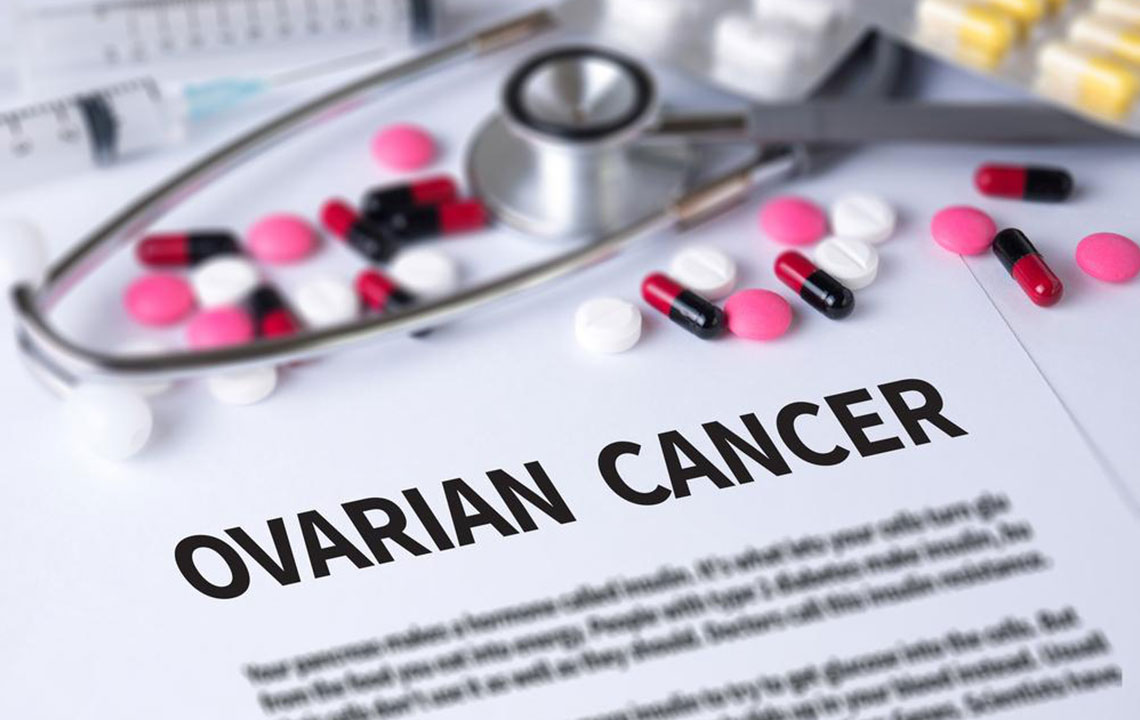Understanding Gastric Carcinoma: Signs and Prevention
This article explores the signs, risk factors, and treatment options for gastric carcinoma. It emphasizes the importance of early detection and healthy habits to reduce the risk of developing stomach cancer. Learn about symptoms such as indigestion, weight loss, and abdominal pain, and discover effective preventive measures like diet and managing infections. The piece also covers standard treatments including surgery, chemotherapy, and targeted therapies, highlighting the importance of consulting healthcare professionals for diagnosis and personalized care.

Understanding Gastric Carcinoma: Signs and Prevention
Gastric carcinoma, commonly called stomach cancer, originates in the stomach's inner lining. It tends to grow slowly, offering a window for early detection and successful treatment. Although the precise cause remains uncertain, several risk factors can elevate the likelihood of developing this disease.
Risk Factors
Infection with H. pylori bacteria
Chronic gastritis
Persistent anemia or stomach polyps
Smoking habits
Excess weight
Epstein-Barr virus infection
Working in industries such as metal, wood, coal, or rubber
Exposure to asbestos
Blood type A
Genetic predispositions
Diets high in salt
Early Symptoms
Indigestion and bloating post-meals
Heartburn
Nausea and loss of appetite
As the tumor enlarges, symptoms may include:
Abdominal pain
Blood in stool
Vomiting and unintentional weight loss
Difficulty swallowing
Jaundice (yellowing skin and eyes)
Swelling in the abdomen
Changes in bowel habits such as constipation or diarrhea
Fatigue and persistent heartburn
When these symptoms arise, doctors may order tests like blood analyses, endoscopy, CT scans, GI series, or biopsies to confirm diagnosis. Treatment options are tailored based on age, health status, and disease stage.
The primary treatments for gastric carcinoma include:
Surgery: Removing part or all of the stomach and adjacent tissues affected by cancer. In advanced cases, total gastrectomy may be necessary, possibly accompanied by stent placement to maintain digestion pathways.
Chemotherapy: Administered orally or via injection, targeting cancer cells to prevent spread. The process spans several weeks and may cause side effects.
Radiation Therapy: Uses high-energy rays to destroy cancer cells and reduce tumor size.
Combined Chemoradiation: Simultaneous use of chemotherapy and radiation for enhanced effectiveness.
Targeted Therapy: Drugs designed to attack only cancer cells, minimizing damage to healthy tissues.
Adopting a diet rich in fruits and vegetables and avoiding salty or pickled foods can help lower risk. Early treatment of H. pylori infections and ulcers can also be effective preventive measures.










